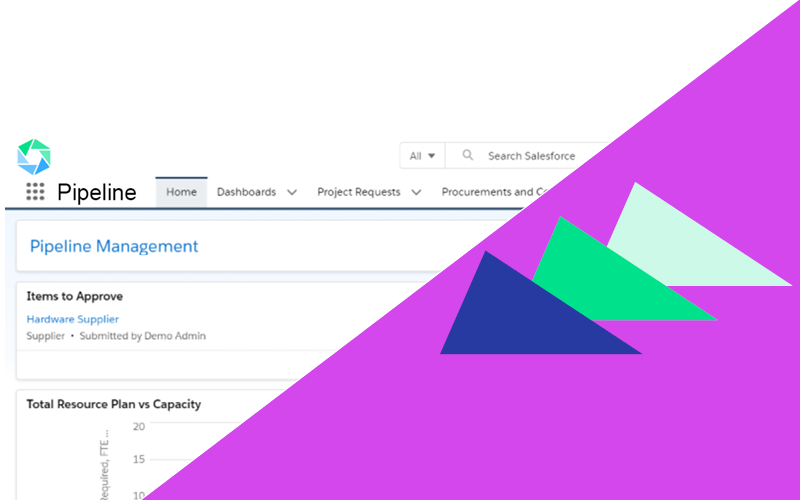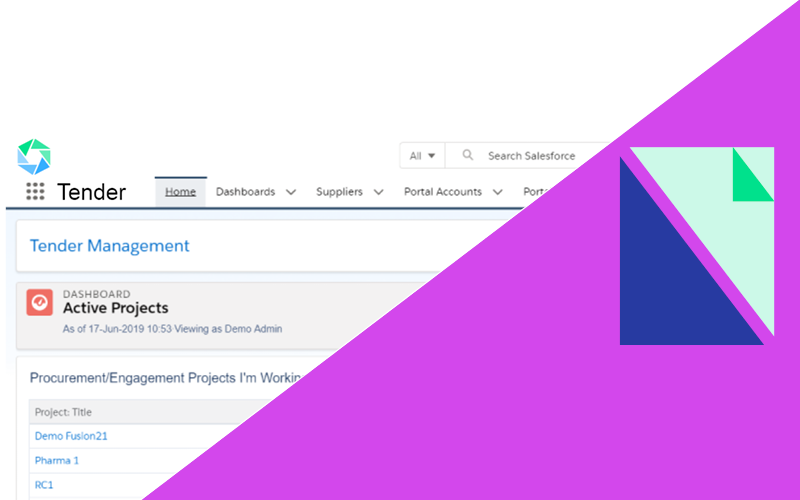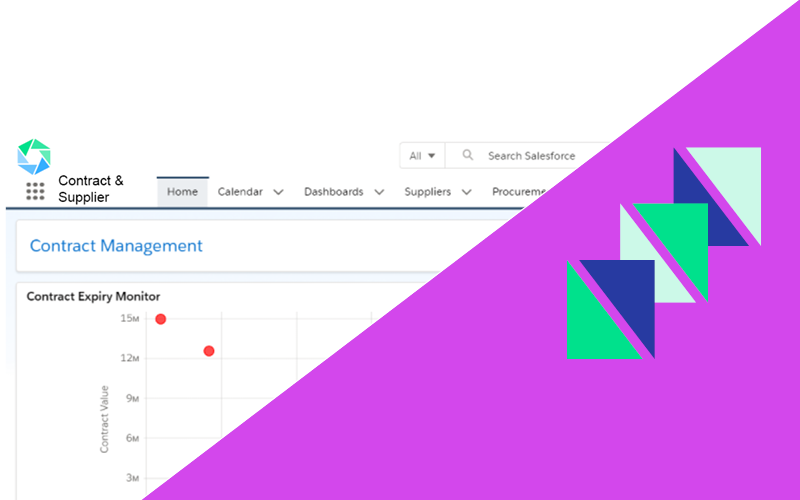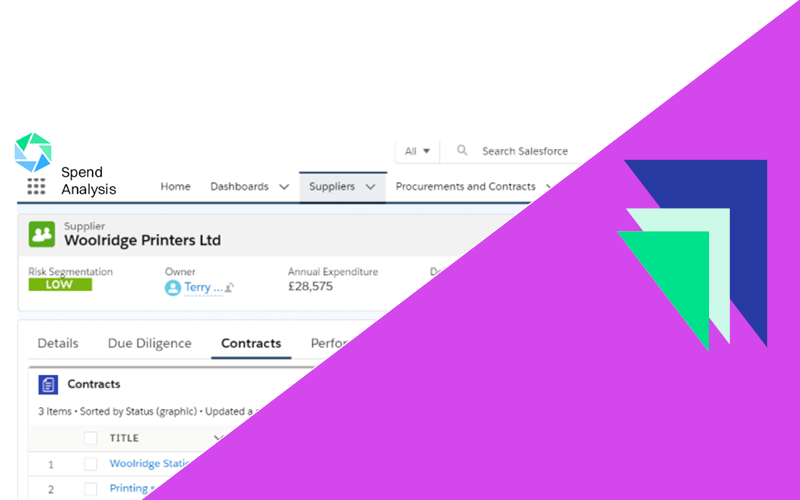What does Consumer Duty mean for procurement departments?
As the Consumer Duty implementation deadline draws near, UK firms in the financial services industry are gearing up to meet the new guidelines aimed at enhancing consumer protection. To prepare for the Consumer Duty effectively, businesses need to prioritise robust supplier relationship management (SRM) and compliance with these new rules.
With the implementation of the Consumer Duty, the focus on delivering good outcomes for consumers and protecting them from harm becomes paramount. Consumer duty not only impacts the business but the supply chain, assessing the procurement decisions to align with Consumer Duty objectives and effective monitoring across the supply chain.
Teams need to prioritise fair value, transparency, and customer-centricity. They need to ensure that the products and services they source provide reasonable pricing relative to the overall benefits, considering the quality and suitability for the customers’ needs. They should also evaluate the entire value chain to identify potential areas of poor outcomes that could negatively impact consumers.
Moreover, procurement departments must collaborate closely with suppliers to assess their values to ensure that they share the same commitment to delivering good outcomes for customers. This includes reviewing how suppliers may interact with customers, commission models, service level agreements and challenging any practices that could compromise fair value.
By actively engaging with the Consumer Duty, procurement departments can contribute to building a foundation of trust, enhancing the organisation’s reputation for service and value. Procurement plays a crucial role in enabling financial services firms to attract and retain customers, drive economic growth, and maintain the UK’s position as a world-leading advocate of high standards and trust in the financial services industry.
The Importance of Strong Supplier Relationship Management
Implementing modern procurement software allows companies to streamline and automate their SRM processes, providing a solid foundation for compliance with the Consumer Duty law changes.
Here’s how end-to-end procurement software can help:
Monitor Supplier Compliance
Procurement software enables companies to assess suppliers against the Consumer Duty requirements. Procurement software can provide the means to centralise supplier data and documentation. It provides the facility to review and record key information to identify outsourced arrangements, suppliers who interact directly with customers and visibility of key compliance measures, such as complaint handling and vulnerable customers.
Facilitate Transparent Communication
Effective SRM relies on clear and efficient communication channels. The right software partner should provide a collaborative platform to exchange information, negotiate contracts, and address concerns or disputes promptly. Transparent communication promotes trust and helps deliver better outcomes for consumers by fostering a stronger supplier-client relationship.
Monitor Performance Metrics
Procurement software empowers companies to track key performance metrics of their suppliers in real-time. By monitoring metrics such as delivery times, quality measurements, and adherence to contractual terms, organisations can identify and address potential issues promptly. This proactive approach ensures that consumers are protected from harm and receive the expected benefits, ultimately enhancing consumer trust and satisfaction.
Compliance with Consumer Duty
Modern end-to-end procurement software plays a crucial role in ensuring compliance with the Consumer Duty rules.
Here’s how it can help:
Conduct Fair Value Assessments
The Consumer Duty emphasises the importance of fair value assessments for financial products and services. The right procurement software should provide the necessary tools to evaluate pricing structures, operational compliance, and overall value proposition to consumers. By making data-driven decisions, businesses can identify areas where fair value may be compromised and take corrective actions to rectify any discrepancies, aligning their offerings with the Consumer Duty requirements.
Automate Compliance Monitoring
With the complex requirements of the Consumer Duty, manual monitoring and reporting processes can be challenging and time-consuming. Procurement software automates compliance monitoring, allowing companies to proactively identify and address any deviations from the rules. Through automated alerts and notifications, businesses can take timely actions, reducing the risk of non-compliance and potential harm to consumers. This automation also saves valuable time and resources, ensuring that businesses can focus on delivering positive consumer outcomes.
Enable Transparent Pricing
Pricing transparency is a cornerstone of the Consumer Duty rules. Modern procurement software enables companies to establish pricing mechanisms that are transparent, fair, and easily understandable for consumers. By providing clear information on costs, fees, and charges, businesses can build trust with consumers and ensure they receive fair value for their financial products or services. Transparent pricing also helps businesses stay compliant with the Consumer Duty requirements, avoiding potential penalties.
What happens if we’re not prepared or found to be non-compliant?
Failing to comply with the Consumer Duty can have severe consequences for financial services companies.
Here are some potential repercussions:
Regulatory Action
The Financial Conduct Authority (FCA) has made it clear that serious breaches of Consumer Duty will be prioritised, and swift action will be taken. Non-compliant companies may face investigations, interventions, and possible disciplinary sanctions, resulting in reputational damage and loss of credibility. Businesses must take the necessary steps to avoid regulatory scrutiny and maintain a positive reputation in the industry.
Consumer Trust and Reputational Damage
Non-compliance undermines consumer trust and can erode a company’s reputation. In an industry where trust and reliability are paramount, customers may choose to switch to competitors who demonstrate a commitment to delivering good outcomes. Rebuilding trust takes time and substantial effort, making it imperative for businesses to proactively manage their procurement operations and prioritise compliance. By leveraging end-to-end procurement software, companies can ensure they are meeting the Consumer Duty requirements, thereby fostering trust and maintaining their reputation among consumers.
In the face of the upcoming Consumer Duty implementation, robust supplier relationship management and compliance must jump to the top of the priority list, both to protect consumers and avoid severe consequences. Working with agile end-to-end procurement software gives firms a head start when it comes to streamlining SRM processes, assessing supplier compliance, facilitating transparent communication and monitoring performance metrics.
Moreover, with a system tailored to your company’s specific requirements and KPIs, it can empower you to conduct fair value assessments, establish transparent pricing mechanisms and automate compliance monitoring, thereby ensuring adherence to the Consumer Duty rules. By staying on top of procurement operations with the aid of procurement software, businesses can protect their reputation, gain consumer trust and deliver positive outcomes for their customers, ultimately driving long-term success in the industry.
Take action now to ensure your organisation is fully prepared for the upcoming Consumer Duty. Reach out today for a conversation with our Business Development Team.
How can Atamis Help?
Core Module Overview
Atamis has helped our clients navigate regulatory requirements through our highly configurable solution. It has allowed us to workshop with clients around their requirements and how these can be enhanced to improve efficiencies through our workflow capabilities and effectiveness of reporting, with all fields in Atamis being reportable.
 Our Pipeline App empowers your team to plan ahead and forecast for upcoming procurement activities.
Our Pipeline App empowers your team to plan ahead and forecast for upcoming procurement activities.  The Tender App allows your team to visualise all sourcing activities within your Atamis platform, from issuing tenders to receiving bids.
The Tender App allows your team to visualise all sourcing activities within your Atamis platform, from issuing tenders to receiving bids. Our Contract & Supplier App puts your team in firm control of your key supplier relationships and provides a central repository for all contracts.
Our Contract & Supplier App puts your team in firm control of your key supplier relationships and provides a central repository for all contracts.  Our Enhancers ensure your solution is tailored to your needs. Pick and choose additional functionality that fits your requirements.
Our Enhancers ensure your solution is tailored to your needs. Pick and choose additional functionality that fits your requirements. 